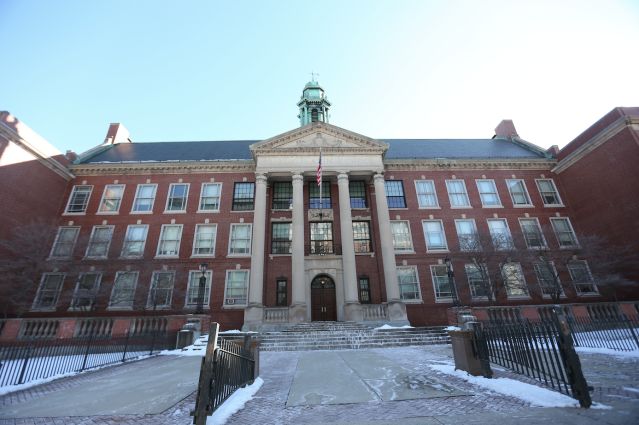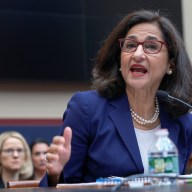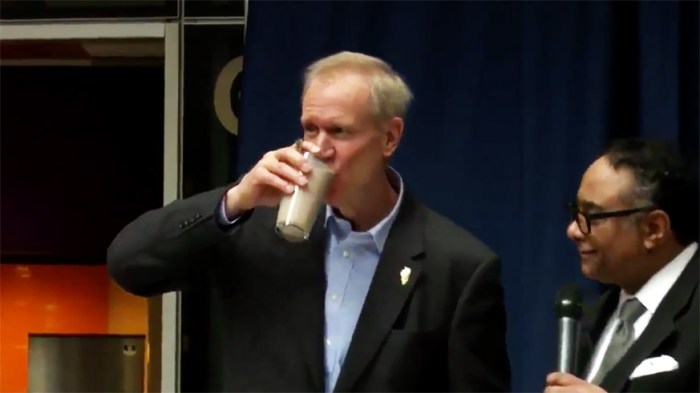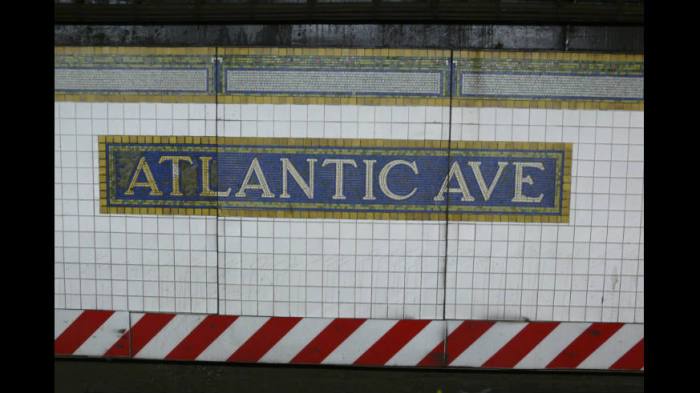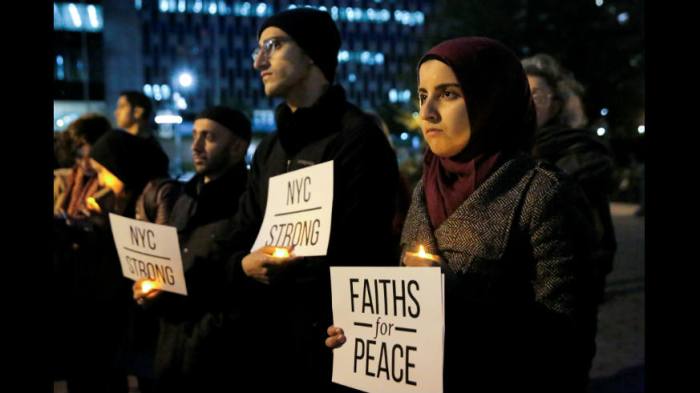Boston’s elite exam schools don’t reflect the diversity of their districts, civil rights groups say, prompting them to call for a citywide review of the exam-school admission policy.
In a report called “A Broken Mirror: Exam School Admissions Fail to Reflect Boston’s Diversity,” the Lawyers’ Committee for Civil Rights and Economic Justice looked at the underenrollment of black and Latino students into Boston’s exam schools, particularly Boston Latin School.
The ACLU of Massachusetts, the NAACP Boston Branch and the Massachusetts Advocates for Children also contributed to the report.
The percentage of black and Latino sixth- and eighth-graders who are invited to BLS for the next academic year is more than two and a half times below their districtwide enrollment rates in Boston Public Schools, the report found.
Black students make up 11 percent of students invited to BLS next year. This is higher than the percentage of black students inducted this year (8 percent) or last year (8.5 percent) according to the report, but less than other exam schools.
At Boston Latin Academy, 23 percent of incoming students are black, and at the O’Bryant School of Mathematics and Science, that figure jumps to 35 percent.
Latino students comprise 16 percent of BLS-admitted students for next year. Again, the report notes, this is an improvement from the percentage this year (12) or last year (11.6) but less than at other exam schools. At Boston Latin Academy, Latino students make up 26 percent of the incoming class; at the O’Bryant School, 35 percent.
“These are the top schools in our city, and [BLS] in particular doesn’t reflect all of who we are as Boston,” said Matt Cregor, education project director at the Lawyers’ Committee and the paper’s lead author. “If we wish to mold our next leaders in the best means possible, we owe it to them and our future to have this dialogue and to … give them the opportunity to learn from and with each other.”
Last year, the U.S. District Attorney Carmen Ortiz launched an independent investigation into BLS and found evidence of discrimination.
That finding “reminds us [that] we fail our children when we ignore issues that deprive them of equal educational opportunity,” said Kim Janey of the Massachusetts Advocates for Children in a statement.
Boston Public Schools Superintendent Tommy Chang agreed that the city’s exam schools “should reflect the rich racial, cultural and linguistic diversity of the students we serve across the city,” he said in a statement.
“BPS has taken unprecedented steps over the past year to provide all students access to the pathways for our exam schools,” the statement continued. He said that the enrollment increases compared to last year are “a step in the right direction, and we are determined to ensure that these gains continue. We look forward to engaging the organizations that put this report together.”
BPS also noted that the numbers cited in the report only look at students who were invited into exams schools. Sixty more black and Latino students have accepted entrance into exam schools next year for 7th grade compared to this year, according to the district, and 196 more black and Latino students have accepted entrance as ninth-graders next year compared to this year.
Cregor did commend Chang and the entire school district for making this issue a priority and looking into the factors that cause these racial disparities.
“What we’re calling for is a city-wide dialogue to think about this at its larger scale, on behalf of our school children,” he said.
The civil rights groups will hold a series of open forums across Boston to review the report and discuss alternatives to promoting racial diversity. The dates for those events will be released soon.
“Together, we could make racial diversity a reality for our children, but only if there is political will and courage,” said Tanisha M. Sullivan, president of the NAACP-Boston Branch, in a statement. “In 2017, we shouldn’t need a court order to force racial diversity in this city. As a city, we should be able to come together and make this commitment to all of our children.”

